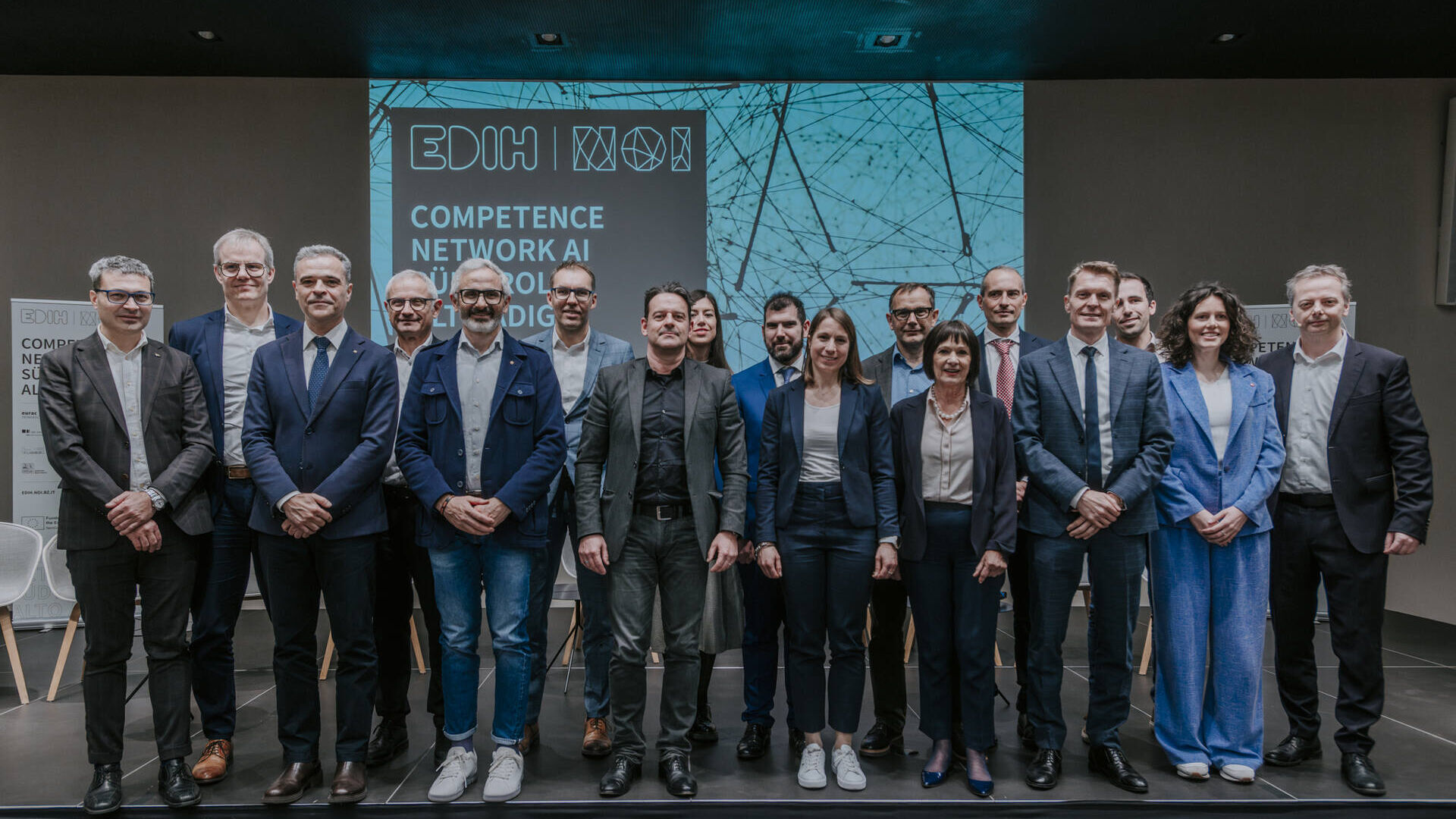AI and funnelling: the future of marketing automation is already written
Here's how Artificial Intelligence will revolutionize automation on the Web and old practices will disappear in favor of a new technology

In the age of digitization, theArtificial intelligence is redesigning the panorama of marketing, transforming funnelling and making some practices obsolete marketing automation. With its ability to learn and adapt, theIA is assuming an increasingly central role, promising to revolutionize the practices of marketing traditional.
In the world of marketing, funnelling is a fundamental concept. Traditionally, funnelling involves a sequential process of converting a large group of potential customers into actual customers. However, the arrival ofIA led to a paradigm shift in funnelling.
Artificial Intelligence and Big Data: discover the innovation today
“The assistant's assistant” already lives in Artificial Intelligence

Ban on traditional techniques, based on pre-set rules and scripts which are inadequate today
The solutions based on IA I can analyze large amounts of data behavioral patterns, learn from patterns and predict future behaviors. This ability to predict consumer behavior allows companies to tailor their strategies marketing to a level never reached before. L'IA allows you to create much more efficient conversion funnels, minimizing the loss of potential customers and maximizing conversion.
But theArtificial intelligence it doesn't just improve funnelling. It's also shutting down some marketing automation practices. Automation techniques marketing traditional, based on preset rules and scripts, are inadequate to manage the complexity and dynamism of the current market. L'IA, on the contrary, is able to manage and analyze huge amounts of data in real time, adapting to changes and optimizing the marketing strategies.
Automation solutions based on IA they are able to analyze customer data, identify patterns, learn from them and predict future behavior. This capability allows companies to tailor their strategies marketing, to adapt quickly to changes and to interact with customers more effectively.
If Artificial Intelligence is the best friend of our children…
ChatGPT and the near future of artificial intelligence

More precise and dynamic market segments and content improved by virtue of natural language
THEIA it is also making old market segmentation models obsolete. With AI, companies can create much more precise and dynamic market segments based on a wide variety of behavioral and demographic data. This precision and dynamism allow companies to create marketing campaigns much more targeted and effective.
But that is not all. L'Artificial intelligence it also promises to make traditional A/B testing methods obsolete. With the'AI, companies can perform large-scale multivariate testing, analyzing a wide variety of variables and identifying patterns of success. This allows companies to optimize their strategies marketing in real time, quickly adapting to changes and maximizing the success of campaigns.
In addition, the 'IA is able to significantly improve themarketing effectiveness of the contents. Thanks to its ability to analyze and understand natural language, theIA can help companies create more relevant and engaging content, customized for each market segment.
Not to mention the use of AI in customer service. The solutions based on IA, like chatbots, are revolutionizing customer service, making traditional call centers obsolete. Chatbots can handle large numbers of requests in real time, provide accurate and personalized responses, and continuously learn from customer feedback.
Virtual Reality and Artificial Intelligence: the AI Metaverse Coderblock
Artificial intelligence and conflicts in a collection of unpublished essays

Huge investments in terms of time, resources and skills, but also an ethical and responsible use
Despite these developments, theArtificial intelligence it's not a magic wand. Its implementation requires a significant investment in terms of time, resources and skills. Furthermore, AI must be used ethically and responsibly, taking into account related concerns to privacy and data security.
In conclusion, theIA is having a profound impact on funnelling and the marketing automation, making some practices obsolete marketing. However, AI is not a substitute for one marketing strategy well thought out and customer centric. Rather, it is a powerful tool which, when used correctly, can greatly improve themarketing effectiveness.
The future of the marketing belongs toIA. Companies that will be able to make the most of the potential ofArtificial intelligence they will be the ones that will be able to remain competitive in an increasingly digital and dynamic market. While the old ones marketing practices they slowly go to die, a new era of the marketing, driven by AI, is rising.
The NITD is the new German initiative for Artificial Intelligence
More efficient genetic repairs with Artificial Intelligence
The birth and development of the Internet over about thirty years
"Artificial Intelligence for customer service" of the "AI Week"
Dialogue between Amazon's Alexa virtual assistant and a user in the kitchen

You may also be interested in:
In Brazil the first meeting in the world between biosafety and synchrotrons
In Campinas, a NB4 level maximum biological containment laboratory will be connected to the light sources of a particle accelerator
In Alto Adige today EDIH NOI is the new point of reference for AI
4,6 million euros from the PNRR fund will be allocated to Bolzano for services to local companies in the digitalisation of intelligence…
by Editorial staff Innovando.NewsEditorial staff of Innovando.News
Austria, Germany and Switzerland for "more innovative" cargo railways
DACH Ministers Leonore Gewessler, Volker Wissing and Albert Rösti: the introduction of Digital Automatic Pairing is a key element
by Editorial staff Innovando.NewsEditorial staff of Innovando.News
Persuasion or manipulation? Genesis and historical impact of PR
This is how Public Relations, from the sophistic dialogue of ancient Greece to the current digital era, continues to offer continuous innovation




